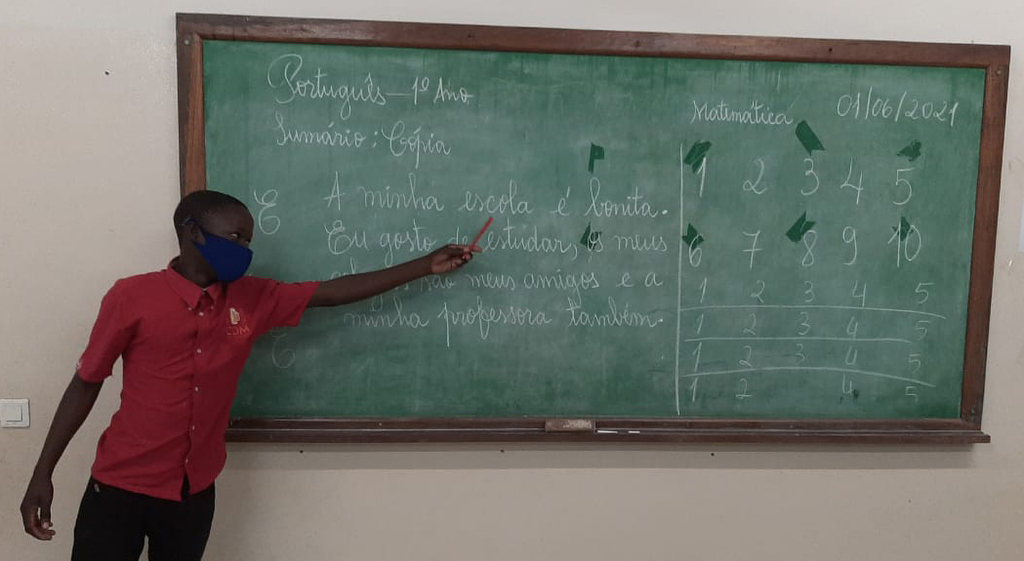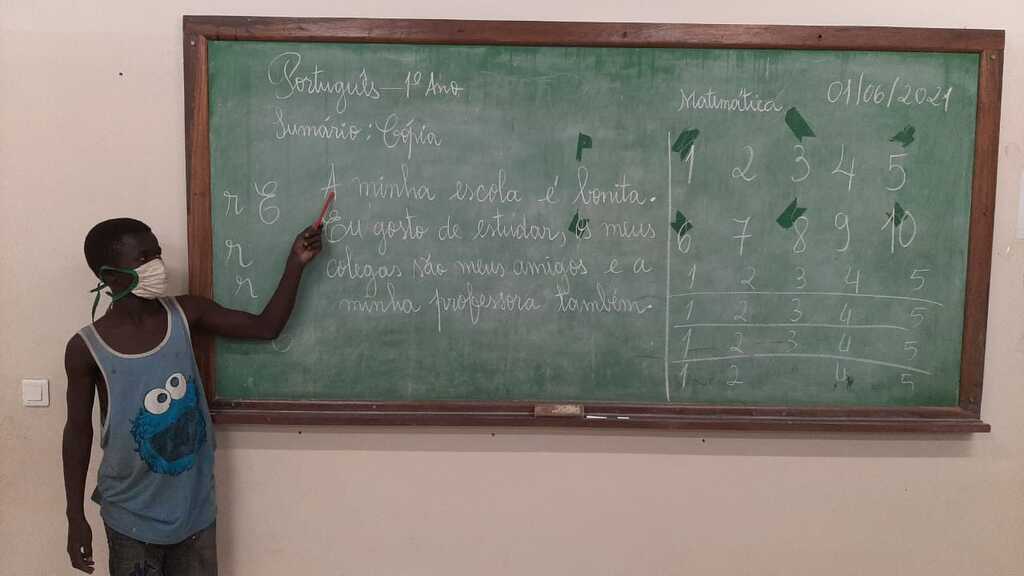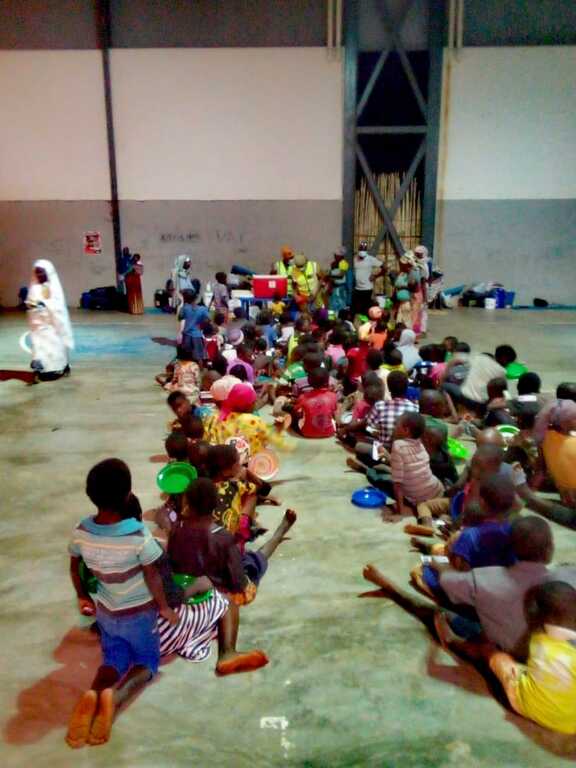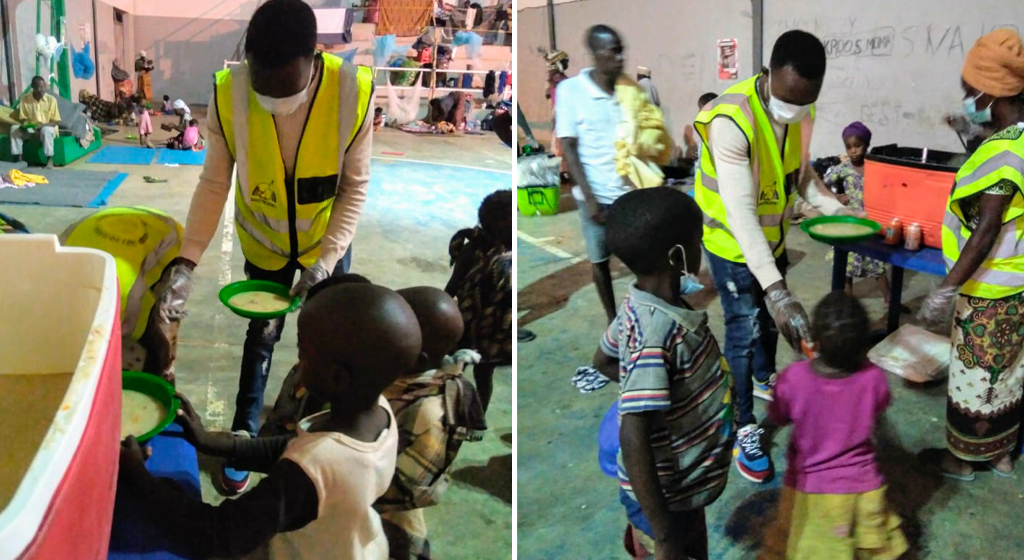A day dedicated to children, June 1st is the "dia da criança" in Mozambique. Sant'Egidio celebrated it in different parts of the country, renewing its commitment to the younger generations, who have such a great role in the life and history of the Community.
Two initiatives in particular marked this day: the inauguration of a school for street children in Beira, and a party for young displaced people who have found refuge in Pemba fleeing from terrorist attacks in northern Mozambique.
Children are often the first to suffer: killed, kidnapped, and forced to become child soldiers. The attack on the Palma district was very harsh and caused thousands of people to flee. It is estimated that around 20,000 are still missing. Many are those who no longer have news of family members.
Indeed, it is since October 2017 that the Cabo Delgado region in northern Mozambique has been targeted by violent terrorist attacks perpetrated by groups the population calls "al Shababo". An estimated 800,000 people have been displaced and nearly 3,000 killed.
Indeed, it is since October 2017 that the Cabo Delgado region in northern Mozambique has been targeted by violent terrorist attacks perpetrated by groups the population calls "al Shababo". An estimated 800,000 people have been displaced and nearly 3,000 killed.
The displaced people, who arrived in Pemba in the last two months, have been accommodated in a sports centre with very poor hygiene and lack of privacy.
The community, together with a local association, has been providing dinner for over 300 people every evening, as well as distributing food to the displaced people hosted by their families. Actually, most of the displaced people are hosted by relatives or acquaintances, aggravating the already precarious living conditions of many of them. The population in the city of Pemba (the regional capital) has grown from 200,000 to 350,000.
However, displaced people have arrived in almost all regions of Mozambique and everywhere the Community has been striving to welcome them and respond to their needs: food, enrolment of children in school, obtaining documents that were lost or destroyed during the attacks.

















